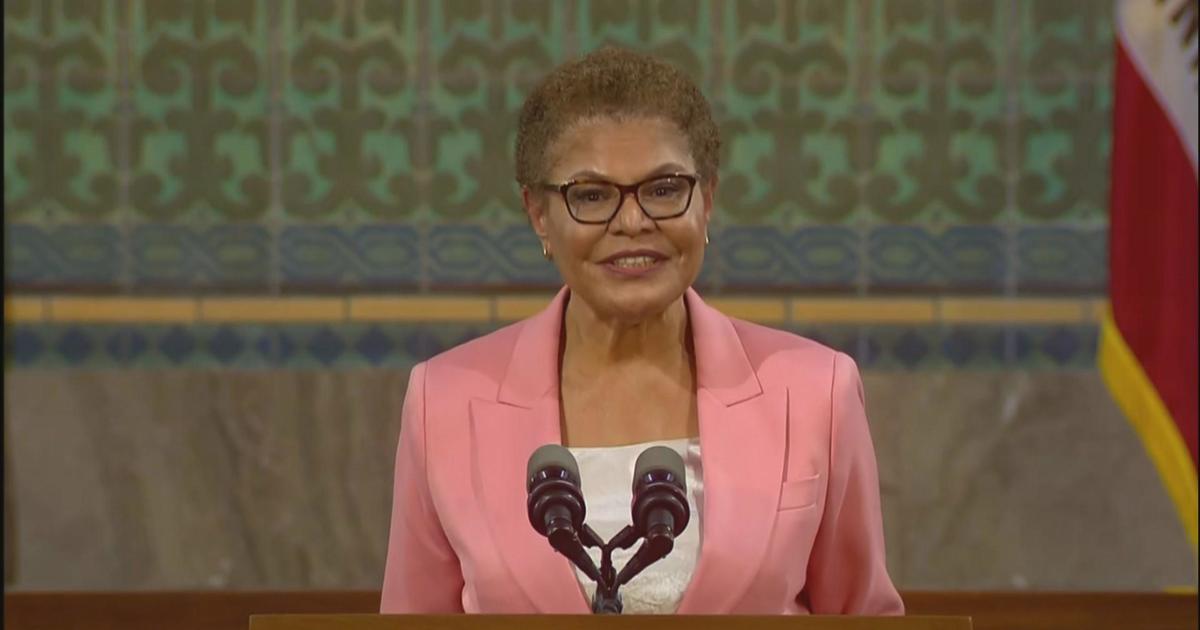Chronic Pain Sufferers Caught In The Middle Of Fight Against Opioid Abuse
LOS ANGELES (CBSLA) — As America battles the opioid crisis, people in serious pain who need the medicine are getting caught in the middle.
Darren Singer is one of a growing number of patients with chronic pain who say they are having trouble getting the medications they desperately need. Many say they are becoming unintended victims in the fight against opioid abuse and addiction.
"They say greed is a motivator for people. Try pain and see how motivated people are," he said. "Here, I have a real condition. It's really painful. And I'm getting to the point where I am almost stuck."
Singer has a degenerative neck issue he will have to manage for life.
His physician, Dr. Michael Hirt, says treatment has become increasingly challenging because of access to medication.
"The patients who really need drugs can't get them and the doctors who need to write them are afraid to write them," he said.
For the third year in a row, the Drug Enforcement Agency has put caps on how much opioid medication pharmaceutical companies can make. In 2017 and 2018, the mandate was a 25 percent and 20 percent reduction. This year, production will be 10 percent less on average. Dr. Hirt says this approach is hurting the people who actually need the medication.
"So people with really legitimate, honest pain, post-operative trauma, chronic ... pain, can't get the drugs that they need," he said. "There's sort of a misnomer that once you're on opioids you're addicted to them. That really doesn't happen for most patients who have legitimate pain."
Patients like Singer say because of the new rule they have to see their doctors monthly to get their prescriptions. When they do, they say they're often told their medication is out of stock indefinitely, or they are questioned about if they need the medication at all.



